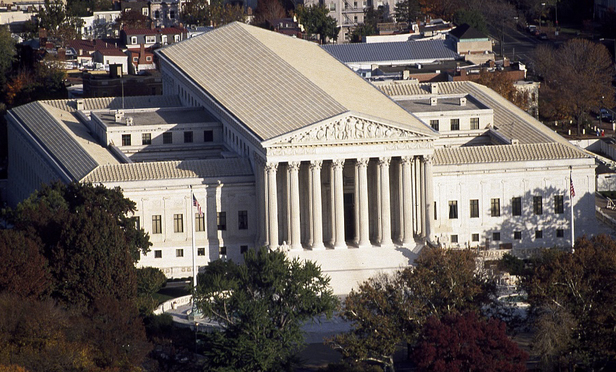Later this month, the U.S. Supreme Court will rule on the constitutionality of state laws prohibiting same-sex marriage. The consolidated action, captioned as Obergefell v. Hodges, Docket No. 14-556, has sparked widespread media attention, protests, and the filing of 126 amicus curiae briefs. The court will address two questions: (1) whether state laws prohibiting same-sex marriage violate the equal protection or due process clauses of the 14th Amendment; and (2) whether states have the power to refuse to recognize same-sex marriages lawfully performed in other states.
The social complexity of this issue is readily apparent, but the case is also enormously complex as a legal matter. It involves weighing broad issues of states’ rights, the individual right to marry, the level of scrutiny that should be applied to laws that discriminate based upon sexual orientation, and the role of federal courts in evaluating the policies identified by states as supporting their prohibitions on same-sex marriage.
This content has been archived. It is available through our partners, LexisNexis® and Bloomberg Law.
To view this content, please continue to their sites.
Not a Lexis Subscriber?
Subscribe Now
Not a Bloomberg Law Subscriber?
Subscribe Now
LexisNexis® and Bloomberg Law are third party online distributors of the broad collection of current and archived versions of ALM's legal news publications. LexisNexis® and Bloomberg Law customers are able to access and use ALM's content, including content from the National Law Journal, The American Lawyer, Legaltech News, The New York Law Journal, and Corporate Counsel, as well as other sources of legal information.
For questions call 1-877-256-2472 or contact us at [email protected]



